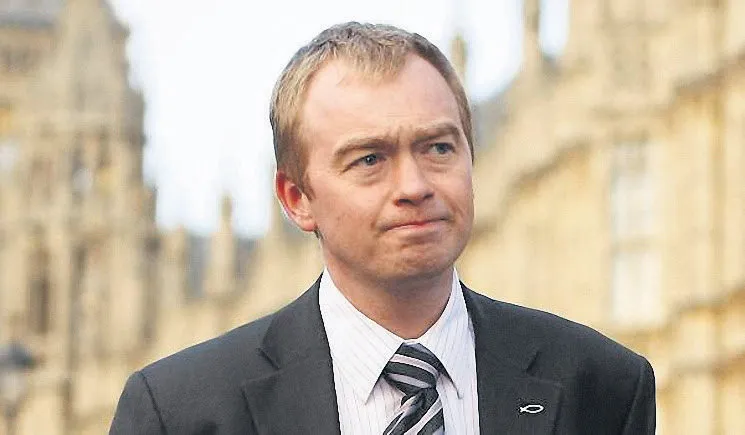Tim Farron, the former leader of the Liberal Democrats, rejoices in God’s faithfulness compared with man’s inconstancy
One of my enduring memories from my early days of politics at university is a Christian mate of mine saying to me: ‘You need to give up on all that politics. It’s a mucky business’.
A mucky business. Many people of all faiths and none wouldn’t trust a politician as far as they can throw them just for the simple fact of their vocation, no additional information required. Why? At least in part their failure, perceived or actual, to deliver on their promises. To stick to their word. Manifesto after manifesto has come and gone, leaving those that voted for them hollow and disillusioned. The current Brexit negotiations are a case in point.








Should you feel guilty for scrolling past the bad news?
Do you ever feel like switching off the news? I know I do. Another alert flashes up on your phone, …